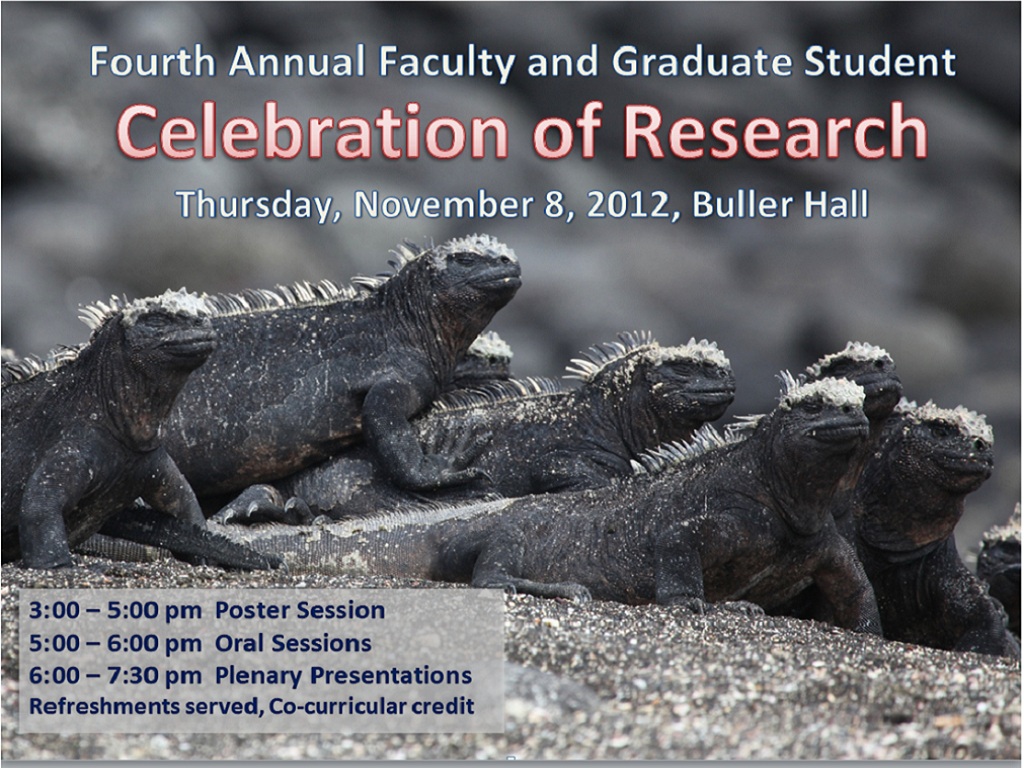Presentation Title
F-2 Big-Shouldered Shakespeare: Three Shrews at Chicago Shakespeare Theater
Presenter Status
Department of English
Location
Buller Hall 251
Start Date
8-11-2012 5:12 PM
End Date
8-11-2012 5:24 PM
Presentation Abstract
This performance criticism project enlists theorist Michel de Certeau’s concepts of institutional strategy and individual tactic to examine social resistance in three productions of William Shakespeare’s The Taming of the Shrew (1593/94) staged by the premiere Midwestern Shakespearean repertory company, the Chicago Shakespeare Theater. The three productions date from CST’s new millennium rise to prominence on the Navy Pier skyline and instantiate the ways in which the theater reconciles its self-promotional image of Shakespeare the Great Humanist with the misogynist content of Taming. Since 1999, CST has staged two full-scale productions of Taming, one led by David H. Bell (2003) and one helmed by Josie Rourke that featured purpose-written induction matter by playwright Neil LaBute (2010). During the summer of 2012 as part of Chicago’s fledgling Cultural Plan initiative, the theater launched a Chicago Shakespeare in the Parks outreach that transferred a Short Shakespeare! production of Taming (Dir. Rachel Rockwell) from the theater’s main stage to parks in neighborhoods underserved by the city’s major arts institutions. Analysis of these productions demonstrates just how difficult it can be to extricate high art from its institutional moorings and how vexed the authorizing imprimatur of Shakespeare the Great Humanist can be.
F-2 Big-Shouldered Shakespeare: Three Shrews at Chicago Shakespeare Theater
Buller Hall 251
This performance criticism project enlists theorist Michel de Certeau’s concepts of institutional strategy and individual tactic to examine social resistance in three productions of William Shakespeare’s The Taming of the Shrew (1593/94) staged by the premiere Midwestern Shakespearean repertory company, the Chicago Shakespeare Theater. The three productions date from CST’s new millennium rise to prominence on the Navy Pier skyline and instantiate the ways in which the theater reconciles its self-promotional image of Shakespeare the Great Humanist with the misogynist content of Taming. Since 1999, CST has staged two full-scale productions of Taming, one led by David H. Bell (2003) and one helmed by Josie Rourke that featured purpose-written induction matter by playwright Neil LaBute (2010). During the summer of 2012 as part of Chicago’s fledgling Cultural Plan initiative, the theater launched a Chicago Shakespeare in the Parks outreach that transferred a Short Shakespeare! production of Taming (Dir. Rachel Rockwell) from the theater’s main stage to parks in neighborhoods underserved by the city’s major arts institutions. Analysis of these productions demonstrates just how difficult it can be to extricate high art from its institutional moorings and how vexed the authorizing imprimatur of Shakespeare the Great Humanist can be.



